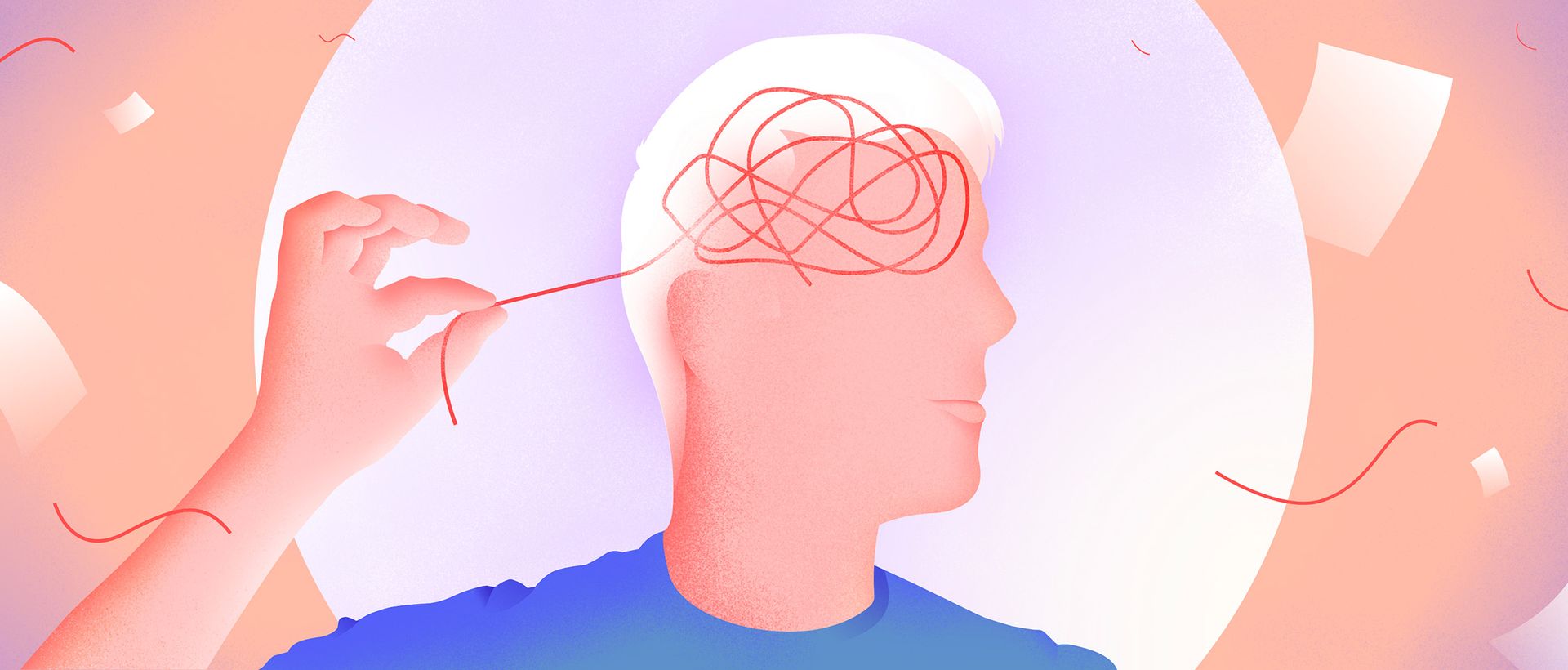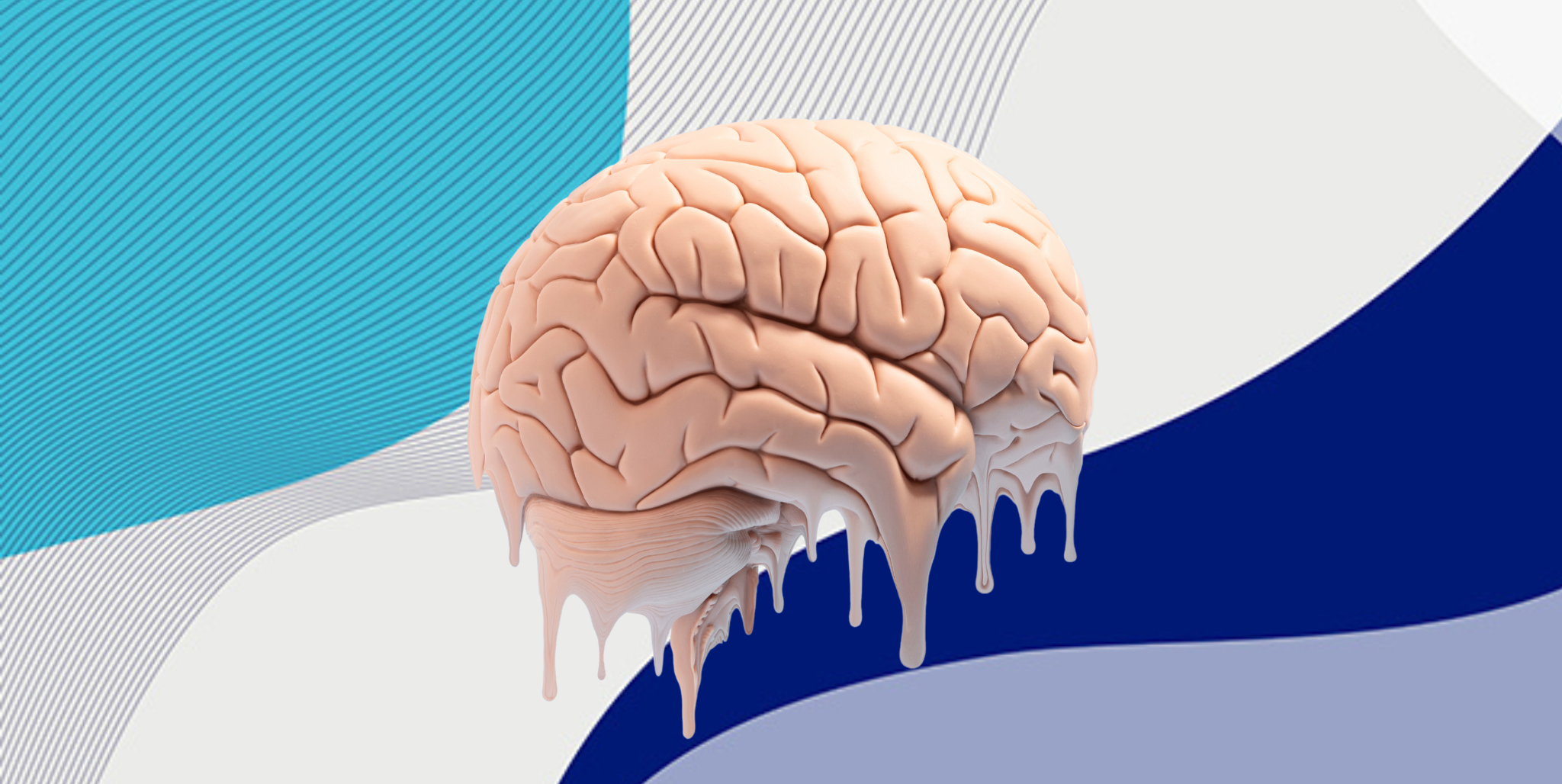What is Stress?
Stress; It refers to the situation that occurs in conditions that trigger the development of certain biological, physical and cognitive reactions in the body and that confront the person with a momentary threat or a problem that requires struggle. In a stressful situation, the body prepares itself for the situation by showing the fight or flight response. Accordingly, the person will either struggle with the condition that causes stress or move away from that condition.:focal(652x167:653x168)/https://tf-cmsv2-smithsonianmag-media.s3.amazonaws.com/filer/ee/bc/eebc7565-839b-4a17-82ab-5f20a1bbf73f/h8cd2ygg-1501513898.jpg)
Stress can occur in daily life due to a wide variety of conditions. A stress response develops in the body in situations such as speaking in public, completing a task at work until the last day, organizing a wedding, experiencing a sad event, or being exposed to a serious physical trauma. However, in cases such as the disproportionate development of the stress response, the continuation of the stress response after the stress condition ends, or frequent stress, body health begins to be negatively affected and some disorders may occur.
What Causes Stress?

When faced with a stressful event, the body prepares itself to combat the stressful situation and a chain of biochemical events occurs. In this regard, various hormones are secreted in the body in case of stress and some physiological mechanisms related to hormones are implemented. Biological reactions such as the following can be observed in people experiencing stress:
The person's pulse accelerates, heart rate increases, blood pressure increases.Blood sugar level increases.The person begins to feel more energetic, his awareness of his surroundings increases, and his concentration becomes stronger.Breathing accelerates.Sweating increases.Blood flow to the muscles increases and the person's mobility becomes easier.Metabolism is accelerated and fat burning is stimulated.
Although these mechanisms are developed by the body so that the person can cope with stressful events, some problems occur in the body if the stress response occurs disproportionately, if the stress response continues despite the disappearance of the stressful situation, or if stress is experienced frequently. These problems can be summarized as follows:
Blood pressure begins to rise due to long-term secretion of stress hormones.Damage to the cardiovascular vessels may occur and the risk of cardiovascular disease increases.Blood sugar level remains high.The risk of blockage or bleeding in the brain vessels increases.Sleep problems may develop.Weight gain may occur with high blood sugar for a long time.Psychological disorders may develop by triggering anxiety disorders and depressive moods.

The stress response developed by the body in momentary stress situations throughout life is considered a physiological state and does not cause health problems under normal conditions. In this situation, which is considered as acute stress, serious health problems may occur if the body reacts unusually or if the body is exposed to stress that can cause physical or mental destruction.
If acute stress is repeated periodically, the physical and mental health of the body may be negatively affected. In case of repeated acute stress cases, the stress response continues to affect the body for a long time and health may deteriorate. In case of chronic stress, where the stress response continues for a long time, the development of certain health problems is possible. Conditions that can lead to a stress response can be summarized as follows:
Exposure to catastrophic events due to natural disaster or human errorPresence of chronic diseaseExperiencing a life-threatening situation or illnessExposure to physical traumaBeing exposed to or witnessing a crime such as rape or injuryHaving relationship problems within the family, having an unhappy married lifeCaring for loved ones with difficult-to-manage chronic illnesses such as dementiago to military serviceTo marrymoving to another cityWorking in a dangerous jobBeing unemployed, facing severe poverty or homelessness, experiencing financial problems
What are the symptoms of stress?

Stress-related symptoms seen in the clinic vary depending on different conditions such as the general condition of the patient, additional diseases, the event that triggers the stress and its duration, and the severity of the body's reaction. While some people can manage a stressful situation without showing any significant symptoms, some people may show serious health problems in an event where little stress response is expected. The following clinical symptoms may be observed at different levels in patients who develop a stress response:
Acute or chronic pain in various parts of the bodyWeakness, fatigueDepressive mood, anxiety disordersFeeling short of breath, palpitationsNumbness and electric sensation in hands and feetsleep problemsdizziness, imbalanceDigestive problems such as nausea, vomiting, diarrhea or constipationImpairment in sexual functions, lack of sexual reluctanceDecreased concentration, decreased work-school performance

What to Do to Treat Stress?
The first step in stress treatment is to ensure that the patient reacts appropriately to the stressful situation and ensures stress management. It is not possible to prevent the development of the stress response throughout life, and suppression of stress is not targeted in treatment since it is a natural response of the body. The main goal of treatment is to take steps to keep the naturally developing stress response in optimal conditions.
Identifying the situation that triggers stress symptoms and, if possible, eliminating or moving away from the source that triggers this situation is the first step in treatment. In cases where this is not possible, the source that causes the stress response must be regulated to reduce stress.
In addition to resource control, lifestyle changes such as ensuring a healthy and balanced diet, gaining adequate and quality sleep habits, avoiding tobacco and alcohol consumption, exercising regularly, giving importance to social life, and allocating time for personal care are recommended for people showing symptoms of stress. Psychological support should be provided to patients showing serious clinical symptoms due to stress, and drug treatment should be started when necessary.











































